Study offers insight into how cattle process nutrients, with potential to emit less methane
A team of scientists has identified microorganisms in bovine stool that can help detect the phenotype of animals that emit less methane and have a greater facility to take advantage of nutrients from food. The study, “Stool and Ruminal Microbiome Components Associated with Methane Emission and Feed Efficiency in Nelore Beef Cattle,” was published in May 2022 in Frontiers in Genetics.
The research team — including veterinarians, biologists, bioinformaticians, epidemiologists and computer scientists — studied 52 Brazilian Nelore bulls in two feed intervention treatment groups, conventional and by-product-based diets.
According to the study, researchers identified 5,693 amplicon sequence variants (ASVs) in the Nelore bulls’ microbiomes. A differential abundance analysis with the ANCOM approach identified 30 bacterial and 15 archaeal ASVs as differentially abundant among treatment groups.
While ruminal ASVs were expected to influence methane emission and residual feed intake, the relationship of stool taxa, such as Alistipes and Rikenellaceae, with these traits was not previously reported. Researchers said this could be associated with host health due to their link to anti-inflammatory compounds.
Luciana Correia de Almeida Regitano, an expert in animal genetics and co-author of the study, said the team’s aim was to explore whether using information about the type of microorganisms that animals carry could potentially improve the animals’ emission profile.
“To do this, we try to identify associations between components of the microbiome of bovine animals and the residual emission of methane,” she explained. “But the big goal of this project was to see if, using bovine excreta samples, we would be able to find markers [of the emission profile] in the microbiome. And we did.”
Correia de Almeida Regitano said the digestive process is the largest source of methane emissions among cattle, accounting for more than 90% of the total. Most of these emissions occur through belching.
Reducing methane emissions in the context of livestock and farms was a hot topic at the recent UN-led climate talks, known as COP27 or the Conference of the Parties. Reuters reported Nov. 17 that more than 150 countries signed a global pact to reduce methane emissions at COP27. The pledge to cut greenhouse gas emissions by 30% this decade is central to global efforts to limit planetary warming to 1.5 degrees Celsius, according to Reuters.
A version of this story originally appeared in Portal Veterinaria.
Andrade, Bruno et al. “Stool and Ruminal Microbiome Components Associated With Methane Emission and Feed Efficiency in Nelore Beef Cattle.” Front. Genet., 17 May 2022 Sec. Livestock Genomics. https://doi.org/10.3389/fgene.2022.812828




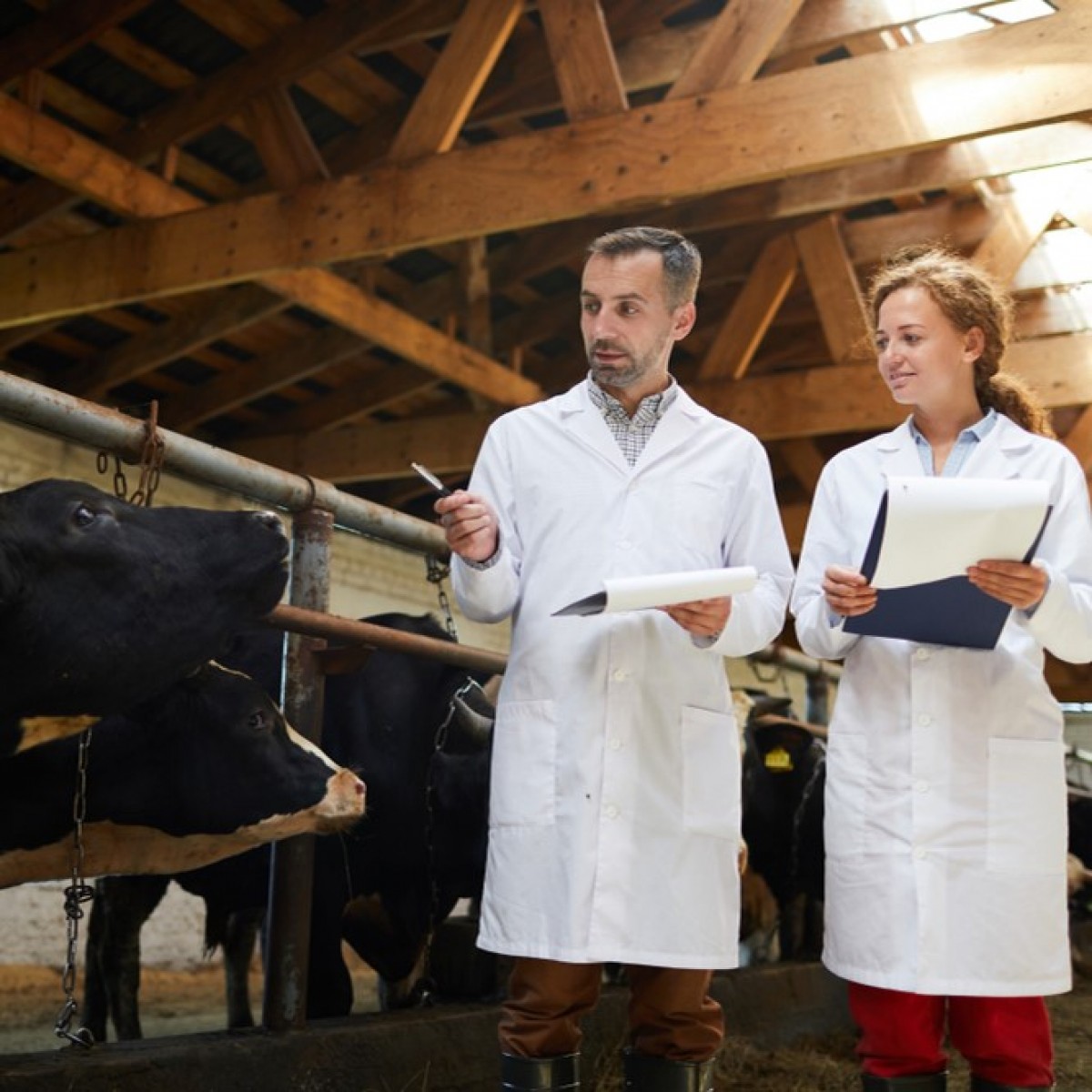
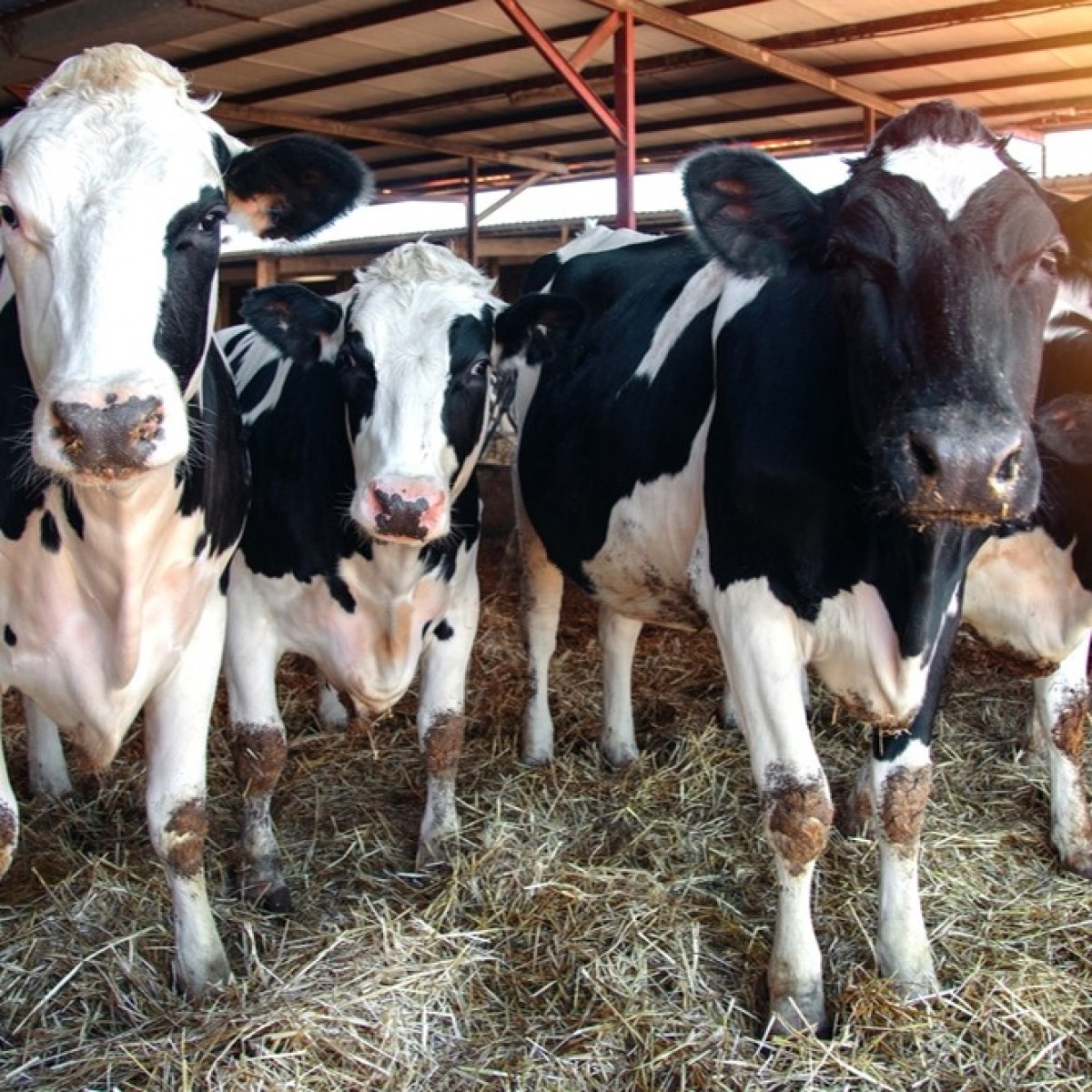
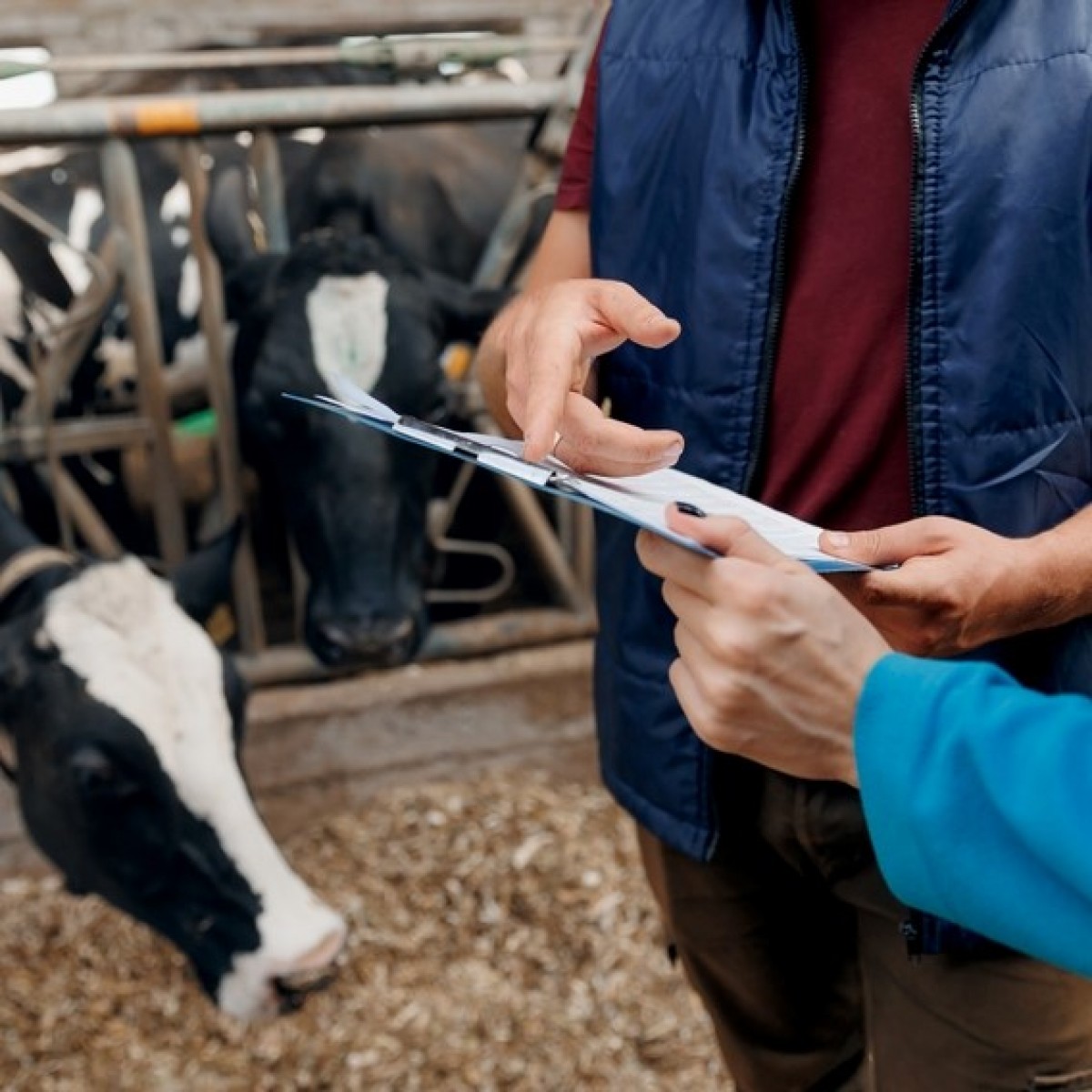
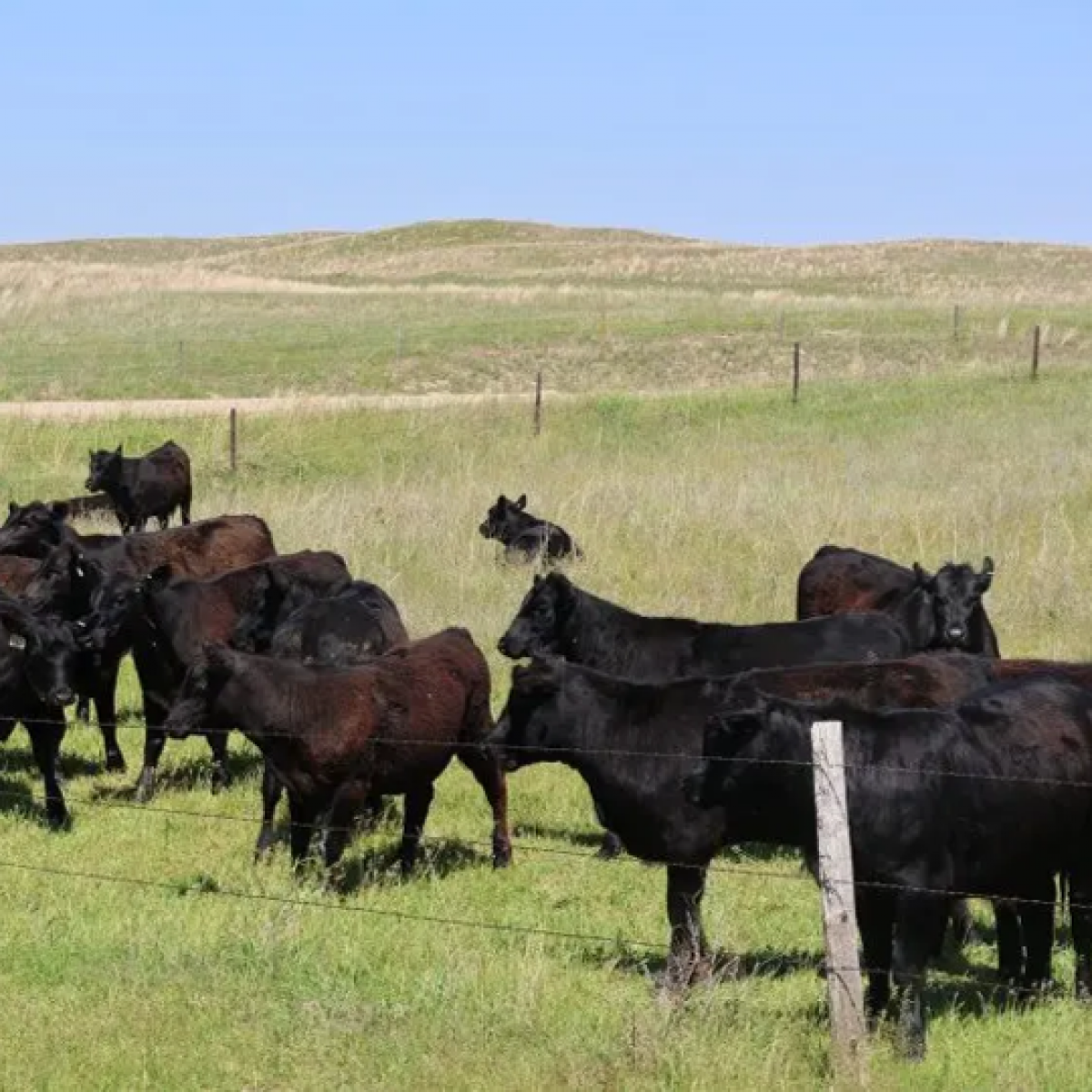


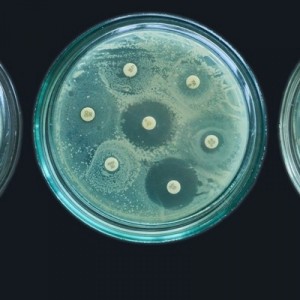
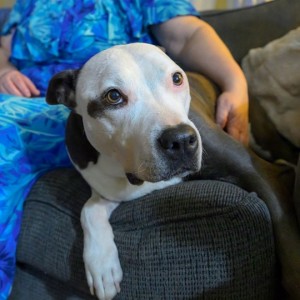


List
Add
Please enter a comment